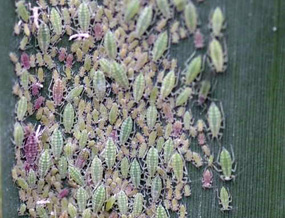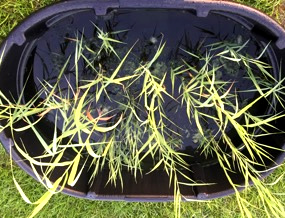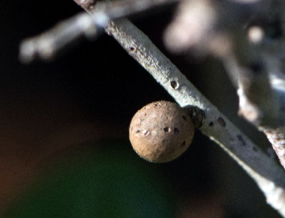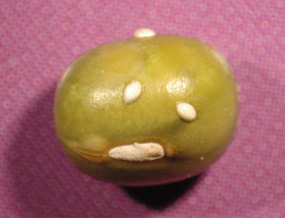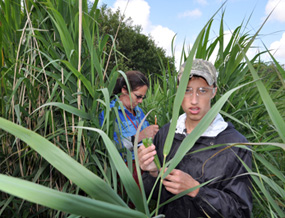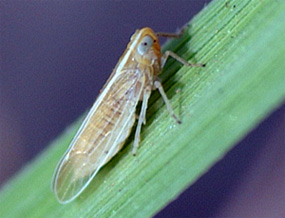Meyerson, L, P. Pyšek, M. Lučanová, S. Wigginton, C.-T. Tran and J. T. Cronin. 2020. Plant genome size influences stress tolerance of invasive and native plants via plasticity. Ecosphere 11: Article e03145.
ABSTRACT
Plant genome size influences the functional relationships between cellular and whole-plant physiology, but we know little about its importance to plant tolerance of environmental stressors and how it contributes to range limits and invasion success. We used native and invasive lineages of the wetland plant Phragmites australis providing the first experimental test of the Large Genome Constraint Hypothesis (LGCH) - that plants with large genomes are less tolerant of environmental stress and less plastic under stress gradients than plants with small genomes. Because the native lineage averages a larger genome size than the invasive, we predicted that the former would have lower tolerance and less plasticity in response to a stress gradient. In replicated greenhouse setups in northern and southern climates in the USA, we subjected plants from 35 populations varying in genome size and lineage to a salinity treatment. We measured traits associated with growth, physiology, nutrition, defense, and plasticity. Using AICc model selection, location, plant lineage and salinity were important predictors for all plant traits. Increasing salinity was stressful to plants – most notably, biomass, aboveground %N and leaf toughness were reduced by 78%, 21% and 27%, respectively between the control and high salinity treatments. Plants in the warmer southern greenhouse had considerably higher biomass, stomate density, stomatal conductance, leaf toughness, lower aboveground %N and total phenolics than in the northern greenhouse. Moreover, the response to the salinity gradient was generally much stronger in the southern than northern greenhouse (i.e., a salinity*greenhouse interaction). Genome size was included in AICc supported models for 9 of 10 traits, but the proportion of trait variation it explained was low. In support of the predictions of the LGCH, the invasive lineage tended to be more phenotypically plastic than the native lineage. Also, for 6 of 10 traits, plasticity was significantly related to genome size – in some cases the relationship was positive and in others it was negative. Overall, while we found some support for the LGCH, we also found for the first time that genome size is associated with plasticity, a trait widely regarded as important to invasion success.
Keywords: Genome size, plant traits, plasticity, climate change, invasive species, Phragmites australis
